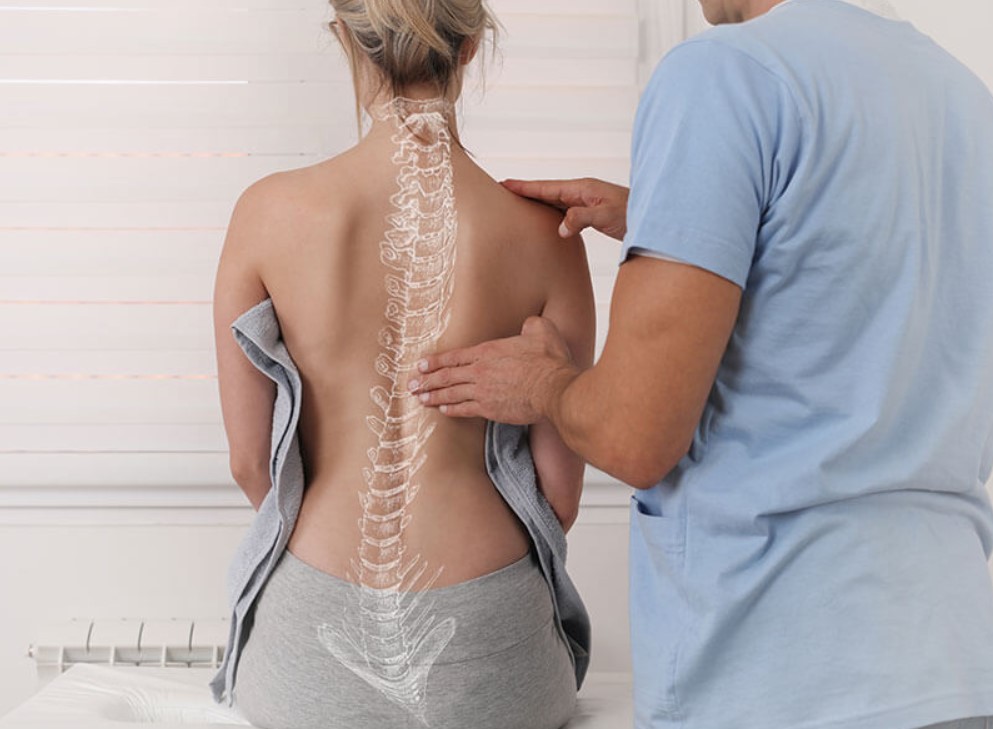

Scoliosis is a complex condition affecting the curvature of the spine, often presenting challenges in mobility and comfort. In Singapore, individuals facing scoliosis have access to a range of treatment options and management strategies. Understanding the condition and the resources available can empower individuals to navigate their scoliosis journey with confidence and resilience.
What is Scoliosis?
Scoliosis is a spinal disorder characterised by an abnormal sideways curvature of the spine. It can develop at any age but is most commonly diagnosed during adolescence. In Singapore, scoliosis affects a significant number of individuals, with early detection being crucial for effective management.
Types of Scoliosis
There are several types of scoliosis, each with its own distinct characteristics. Idiopathic scoliosis, which has no known cause, is the most common type. Congenital scoliosis occurs due to abnormal spinal development before birth, while neuromuscular scoliosis is associated with conditions such as cerebral palsy or muscular dystrophy. Degenerative scoliosis, often seen in older adults, results from wear and tear on the spine.
Scoliosis Treatment Options
In Singapore, individuals with scoliosis have access to a variety of treatment options tailored to their specific needs. Non-surgical approaches include physical therapy and exercise, bracing techniques, and innovative methods like the Schroth Method. These methods aim to improve spinal alignment, reduce curvature progression, and alleviate associated symptoms.
For those requiring surgical intervention, procedures such as spinal fusion surgery and growth-friendly spine surgery may be recommended. While surgery carries risks, it can be highly effective in correcting severe spinal deformities and improving quality of life.
The Role of Physiotherapy in Scoliosis Management
Physiotherapy plays a crucial role in the comprehensive management of scoliosis. In Singapore, physiotherapists utilise a combination of techniques, including Pilates and the Schroth Method, to address spinal curvature and enhance core strength. These tailored exercises not only help to stabilise the spine but also improve flexibility and posture, promoting overall well-being.
Patients undergoing physiotherapy in Singapore often report significant improvements in pain relief, mobility, and functional ability. By incorporating these techniques into their daily routine, individuals can actively participate in their own treatment and experience long-term benefits.
Lifestyle Adjustments and Self-Management Strategies
Living with scoliosis requires ongoing attention to lifestyle habits and self-care practices. Simple adjustments, such as maintaining good posture, practicing ergonomic principles, and engaging in regular exercise, can make a significant difference in managing symptoms and preventing progression.
In Singapore, individuals with scoliosis are encouraged to seek professional guidance on ergonomic workstation set-up, suitable exercise routines, and supportive lifestyle modifications. By adopting a proactive approach to self-management, individuals can optimise their spinal health and enhance their overall quality of life.
Seeking Professional Help in Singapore
For those seeking professional assistance with scoliosis in Singapore, numerous specialists and clinics are available to provide expert care and support. When choosing a healthcare provider, it is essential to consider factors such as experience, expertise, and patient-centred approach.
Regular check-ups and follow-up appointments are key components of scoliosis management, allowing healthcare professionals to monitor progress, adjust treatment plans as needed, and address any concerns or challenges that may arise.
Empowering Those with Scoliosis in Singapore
Living with scoliosis may present unique challenges, but with the right support and resources, individuals can lead fulfilling and active lives. By understanding the condition, exploring available treatment options, and actively participating in their own care, individuals with scoliosis in Singapore can embrace empowerment and resilience on their journey towards optimal spinal health.








